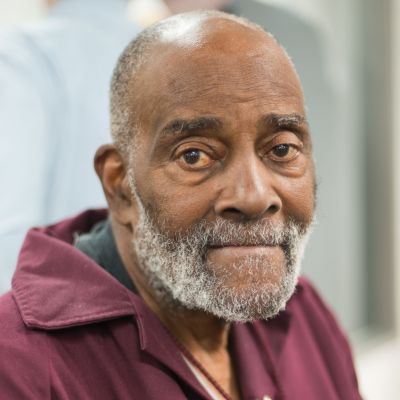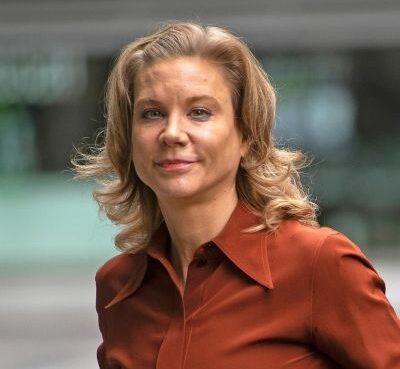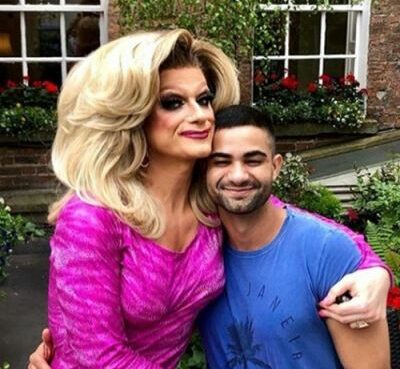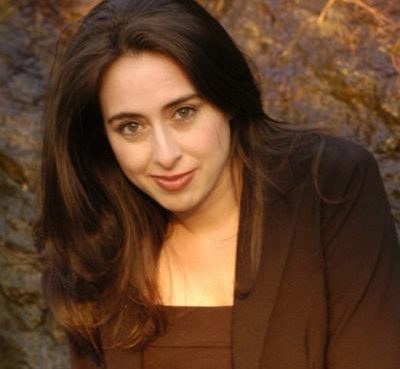Mel King, a Boston activist, and iconic black leader, died at the age of 94, shocking the country. Mel King, a well-known former state lawmaker, died on Tuesday in his South End home at the age of 94. In 1983, King made history by becoming the first Black person to run for mayor of Boston. Mr. King had been ill for many months after a fall approximately a year and a half ago, according to his wife, Joyce. He had been hospitalized momentarily at Boston Medical Center but had asked to be released and had gone home three days ago.
Mel King’s Death and Obituary: The Legendary Black Leader Died at the Age of 94
Mel King, a major Boston civil rights fighter who died at the age of 94, is being remembered by local political figures. He died peacefully in his sleep. Boston Mayor Michelle Wu thanked King for influencing future generations of leaders who strive for a more fair society. He had been a significant presence in Boston politics for decades, she said, and his work had focused on boosting salaries and opportunities for all people. Senator Ed Markey of Massachusetts remarked on his experience working with King and on his legacy of fighting for social justice.
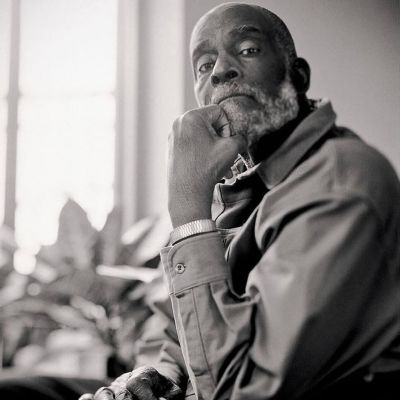
Longtime South End resident King was elected to the Massachusetts House of Representatives in 1973 and served for almost a decade. He made history as the first Black person to run for mayor of Boston, albeit he was defeated in the main election in 1983. Mayor Wu sent her condolences to King’s family and friends, noting that his influence and legacy will continue to inspire future leaders. Funeral plans for King are still being finalized, and a complete list of survivors was not immediately available.
Mel King’s Death: Ethnicity, Family, And Upbringing
Joyce Ferriabough is the wife of Mel King. They married in 1951 and had six children, three of whom were Charlene, Karen, and Melvin Jr. Mel was born on October 20, 1928, in Boston, Massachusetts. He was the eldest of eleven siblings. King is of African American descent and of American nationality. He grew raised in the South End area as the son of Caribbean immigrants.
Watts Richard King, his father, was a longshoreman from Barbados, and his mother, Ursula (Earle) King, was a Guyana immigrant. King’s parents were both community activists who instilled in him a strong sense of social justice from a young age. King returned to the South End after graduating from Claflin College in South Carolina in 1951. Following that, he earned a master’s degree in education from Boston Teachers College and pursued postgraduate studies at Boston and Northeastern universities.
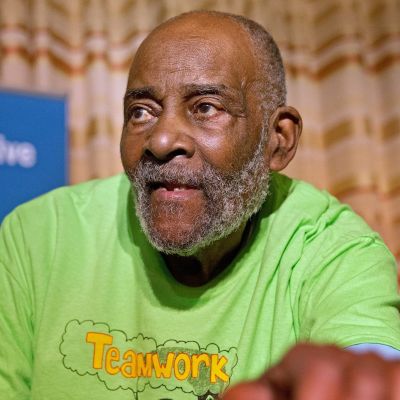
Before working as a social worker at the South End Settlement House, King temporarily taught at Boston Trade and Boston Technical high schools. He eventually established an alternate “freedom school” in the same building. King married Joyce Kenyon in 1951 and stayed married for the rest of his life. As previously stated, King grew up in Boston and was active in the city’s political and social activities. King was a recognized academic in addition to his political and humanitarian efforts, having taught at many colleges during his career. He was passionate about empowering youth and creating social change via education.

